It's unrealistic to ban football. But it might not be ethical to watch it, either.

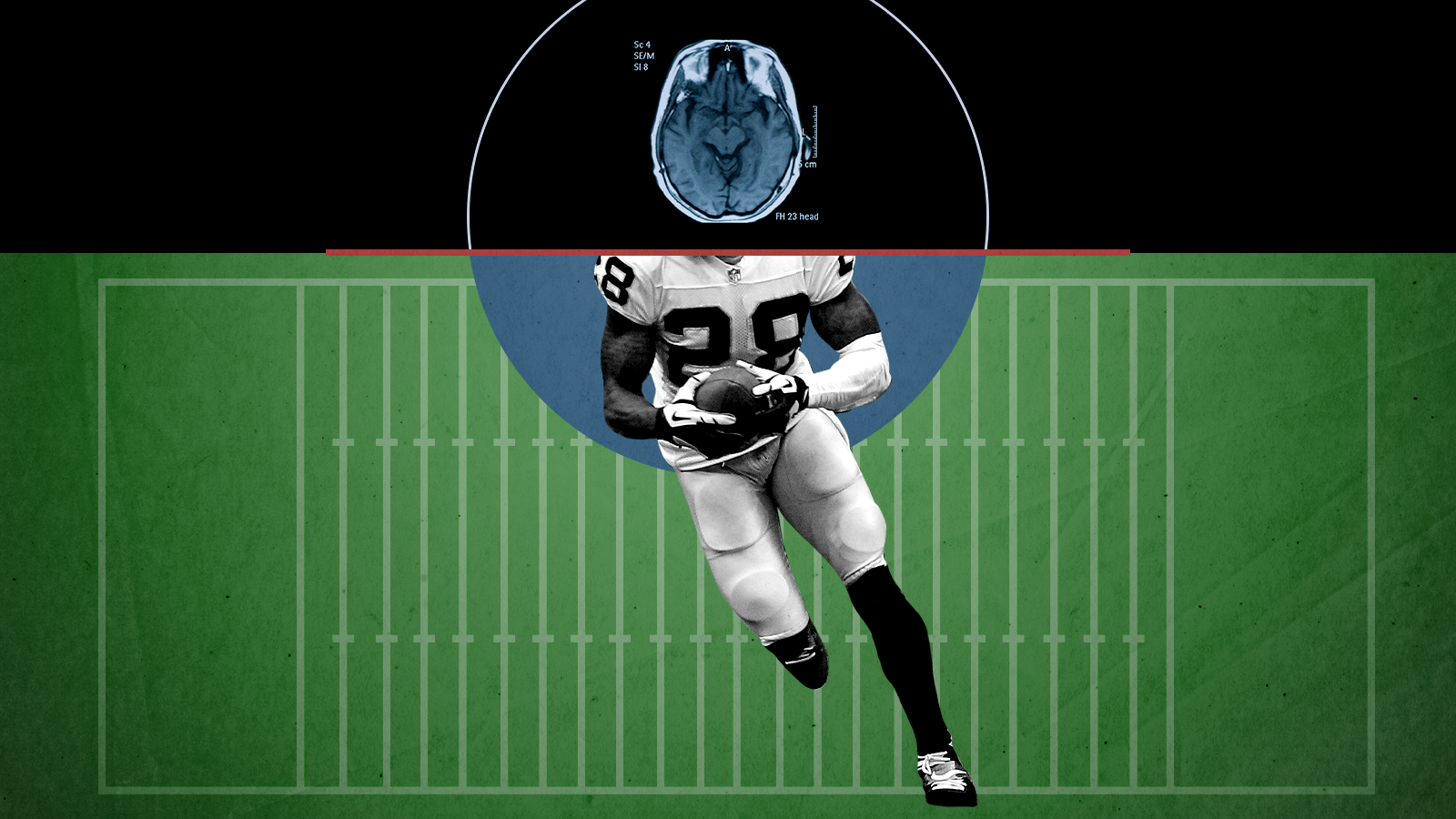
A free daily email with the biggest news stories of the day – and the best features from TheWeek.com
You are now subscribed
Your newsletter sign-up was successful
In April, Phillip Adams killed six people — including two children, ages 9 and 5 — then turned the gun on himself, dying at the age of 32. On Tuesday, we learned a likely reason why: Adams' brain was severely damaged after playing football for 20 years, including for six NFL teams. He had chronic traumatic encephalopathy (CTE), a condition often found in people who have suffered head trauma.
That is, people like football players, who collide with each other at high speeds dozens of times a game.
"I don't think [Adams] snapped," said Dr. Ann McKee, who directs the CTE Center at Boston University. "It appeared to be a cumulative progressive impairment. He was getting increasingly paranoid, he was having increasing difficulties with his memory, and he was very likely having more and more impulsive behavior."
The Week
Escape your echo chamber. Get the facts behind the news, plus analysis from multiple perspectives.

Sign up for The Week's Free Newsletters
From our morning news briefing to a weekly Good News Newsletter, get the best of The Week delivered directly to your inbox.
From our morning news briefing to a weekly Good News Newsletter, get the best of The Week delivered directly to your inbox.
This is far from the first football-related CTE horror story. In 2012, Kansas City linebacker Jovan Belcher killed his girlfriend, then shot himself in front of the team's coach and general manager. That same year, Junior Seau — who was one of the league's leading stars for two decades — killed himself. Five years later, former New England Patriots tight end Aaron Hernandez hanged himself in prison, where he was serving a sentence for murdering a friend. These are just a few examples: The list of CTE-impaired former players who have died violently is long and getting longer.
There are skeptics of the CTE-football connection. To be fair, it's a difficult phenomenon to research: The condition is diagnosed only after a person has died, when doctors can directly examine the subject's brain. (That may change soon.) So studies that show high rates of CTE among former players tend to involve subjects whose families already suspected a problem, which arguably skews the results. And there are those who argue that football is a violent game: Is it any wonder it attracts people who might be inclined to violence outside the gridiron?
Still, the news about Adams is one more reason to think caution is warranted. And the NFL has implemented a number of rule changes over the last two decades to protect players from concussions — though a study last year suggested those changes haven't actually reduced the number of injuries. It seems likely there's no way to fix the game in a way that preserves what players and fans love about it while also making it safe.
It's tempting to call for a ban on the game, but it's not realistic: 23 of the top 25 most-watched telecasts this year are NFL games, and college football is like a religion in the South. The game isn't going anywhere — Americans know the problems and keep on watching.
A free daily email with the biggest news stories of the day – and the best features from TheWeek.com
But you do have to wonder if it's ethical to watch and support a game that inflicts so much damage on the men who play it and potentially causes those men to spread death and misery to others. Maybe we should find something else to do on Sunday afternoons.
Joel Mathis is a writer with 30 years of newspaper and online journalism experience. His work also regularly appears in National Geographic and The Kansas City Star. His awards include best online commentary at the Online News Association and (twice) at the City and Regional Magazine Association.
-
 Samurai: a ‘blockbuster’ display of Japanese heritage
Samurai: a ‘blockbuster’ display of Japanese heritageThe Week Recommends British Museum show offers a ‘scintillating journey’ through ‘a world of gore, power and artistic beauty’
-
 BMW iX3: a ‘revolution’ for the German car brand
BMW iX3: a ‘revolution’ for the German car brandThe Week Recommends The electric SUV promises a ‘great balance between ride comfort and driving fun’
-
 Munich Security Conference: a showdown between Europe and Trump?
Munich Security Conference: a showdown between Europe and Trump?Today’s Big Question Report suggests European leaders believe they can no longer rely on the US for military support – but decoupling is easier said than done
-
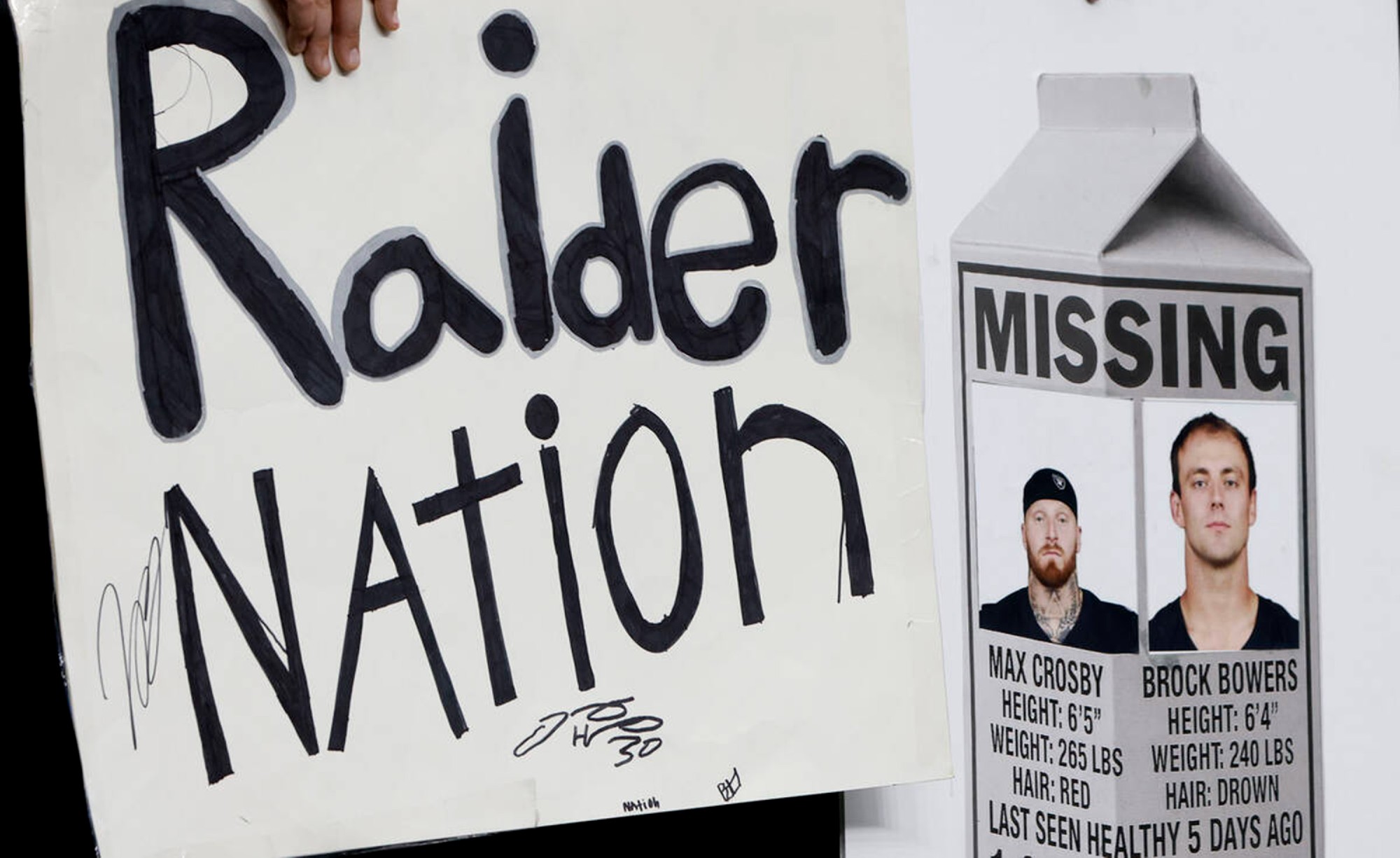 Is tanking ruining sports?
Is tanking ruining sports?Today's Big Question The NBA and the NFL want teams to compete to win. What happens if they decide not to?
-
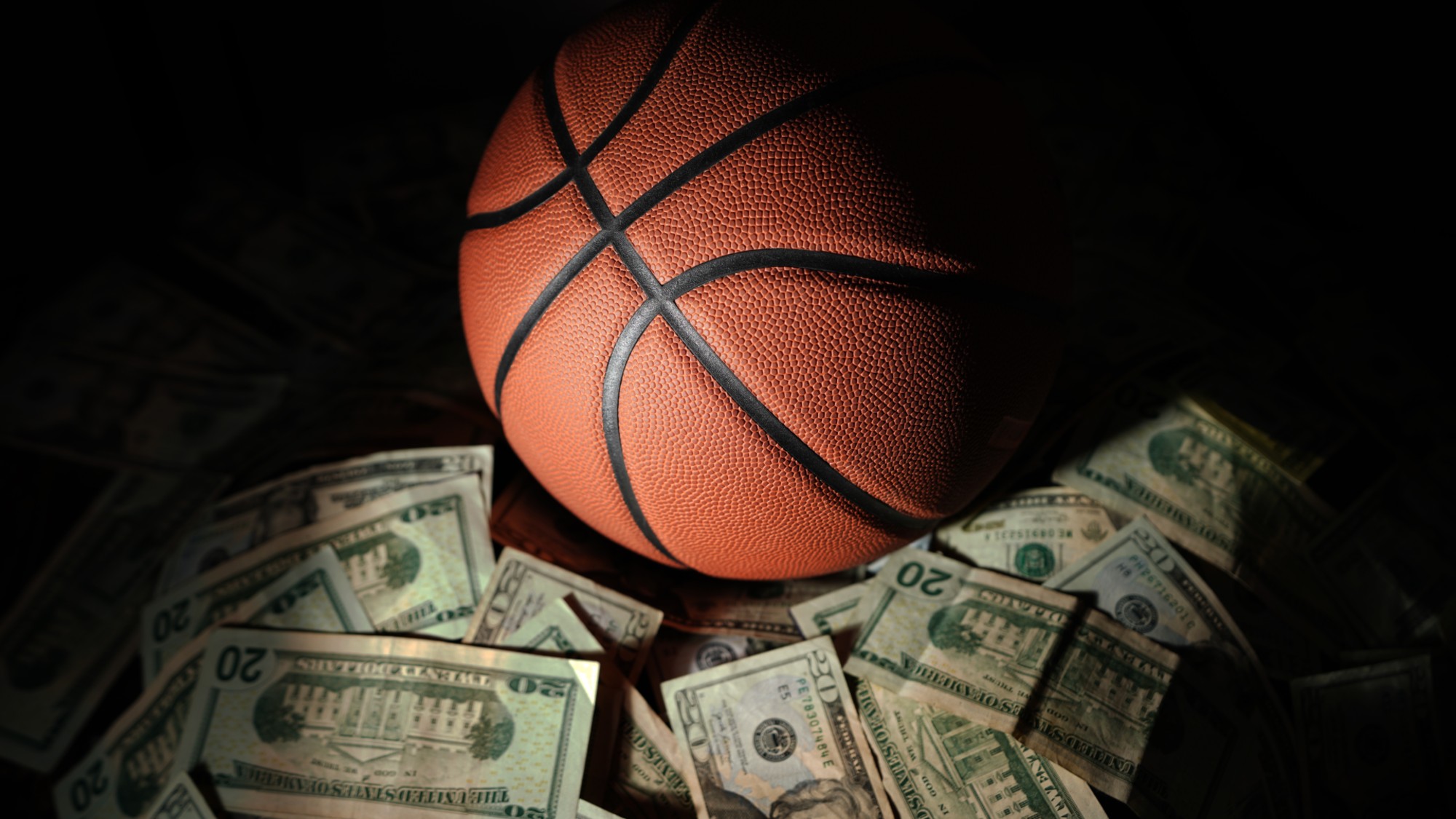 Can the NBA survive the FBI’s gambling investigation?
Can the NBA survive the FBI’s gambling investigation?Talking Points A casualty of the ‘sports gambling revolution’
-
 Trump orders NFL team to change name, or else
Trump orders NFL team to change name, or elseSpeed Read The president wants the Washington Commanders to change its name back to the 'Redskins'
-
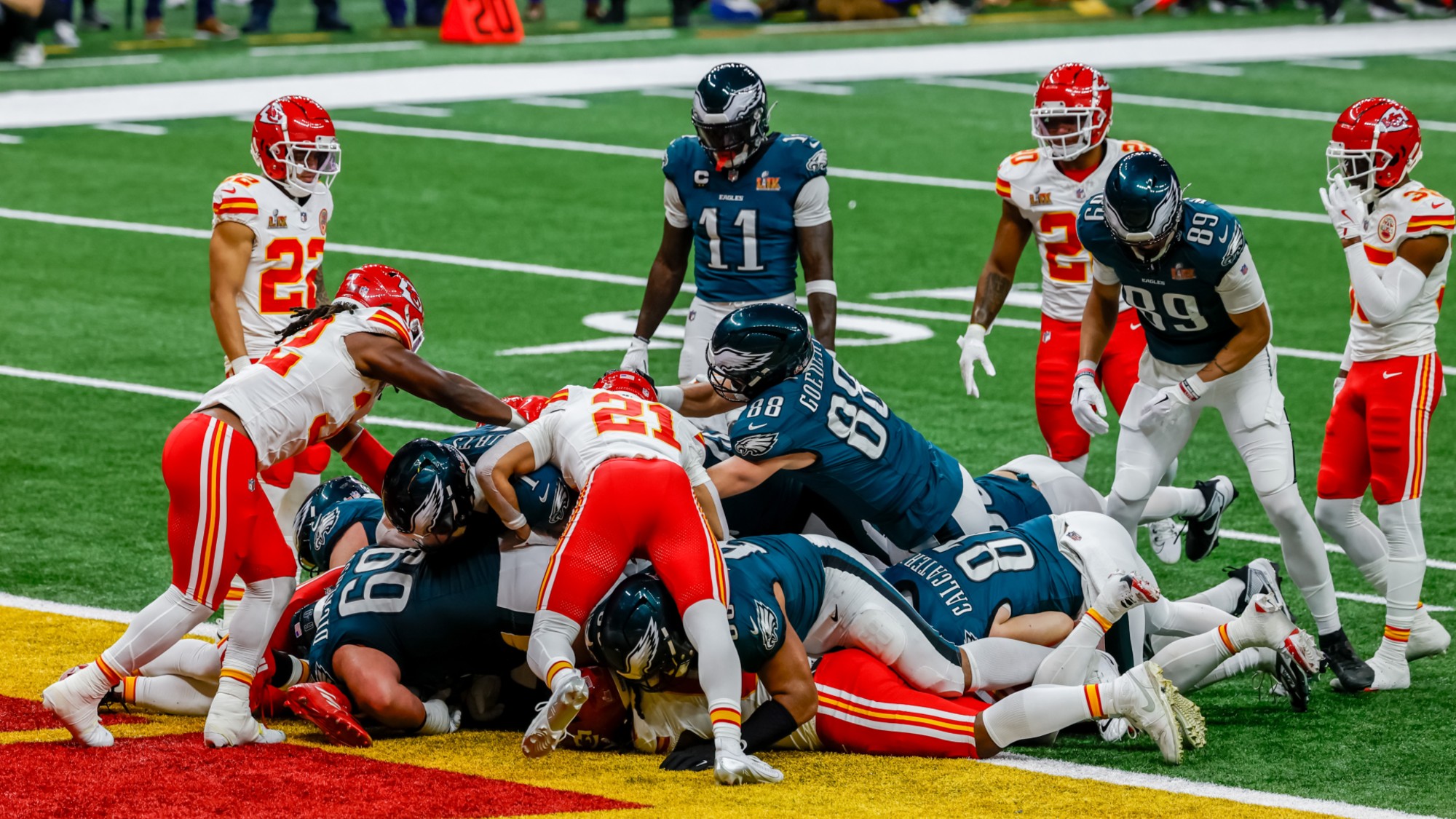 Why is the NFL considering banning the 'tush push' play?
Why is the NFL considering banning the 'tush push' play?Today's Big Question The play is widely used by the Philadelphia Eagles, to other teams' chagrin
-
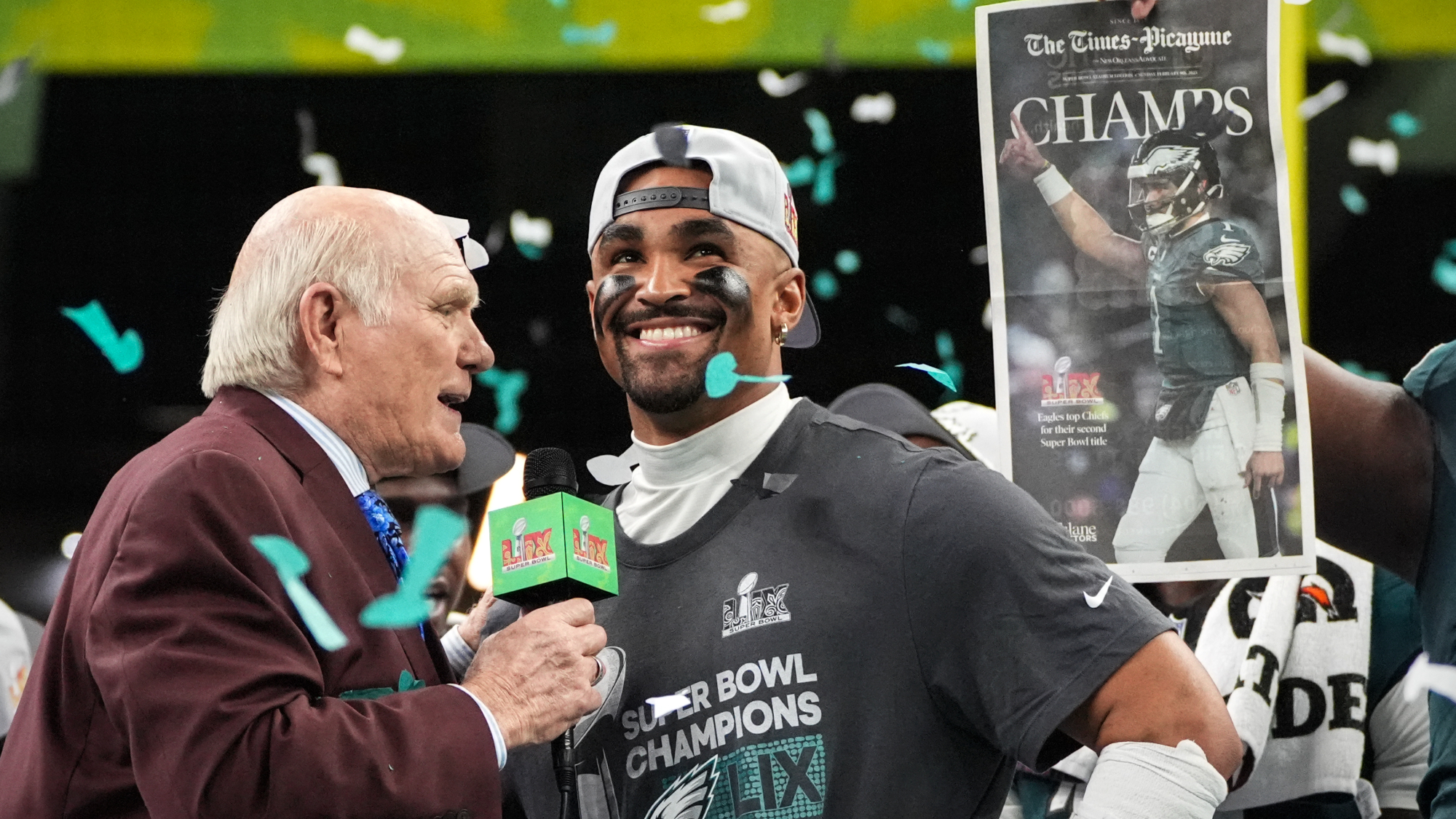 Eagles trounce Chiefs in Super Bowl LIX
Eagles trounce Chiefs in Super Bowl LIXspeed read The Philadelphia Eagles beat the Kansas City Chiefs 40-22
-
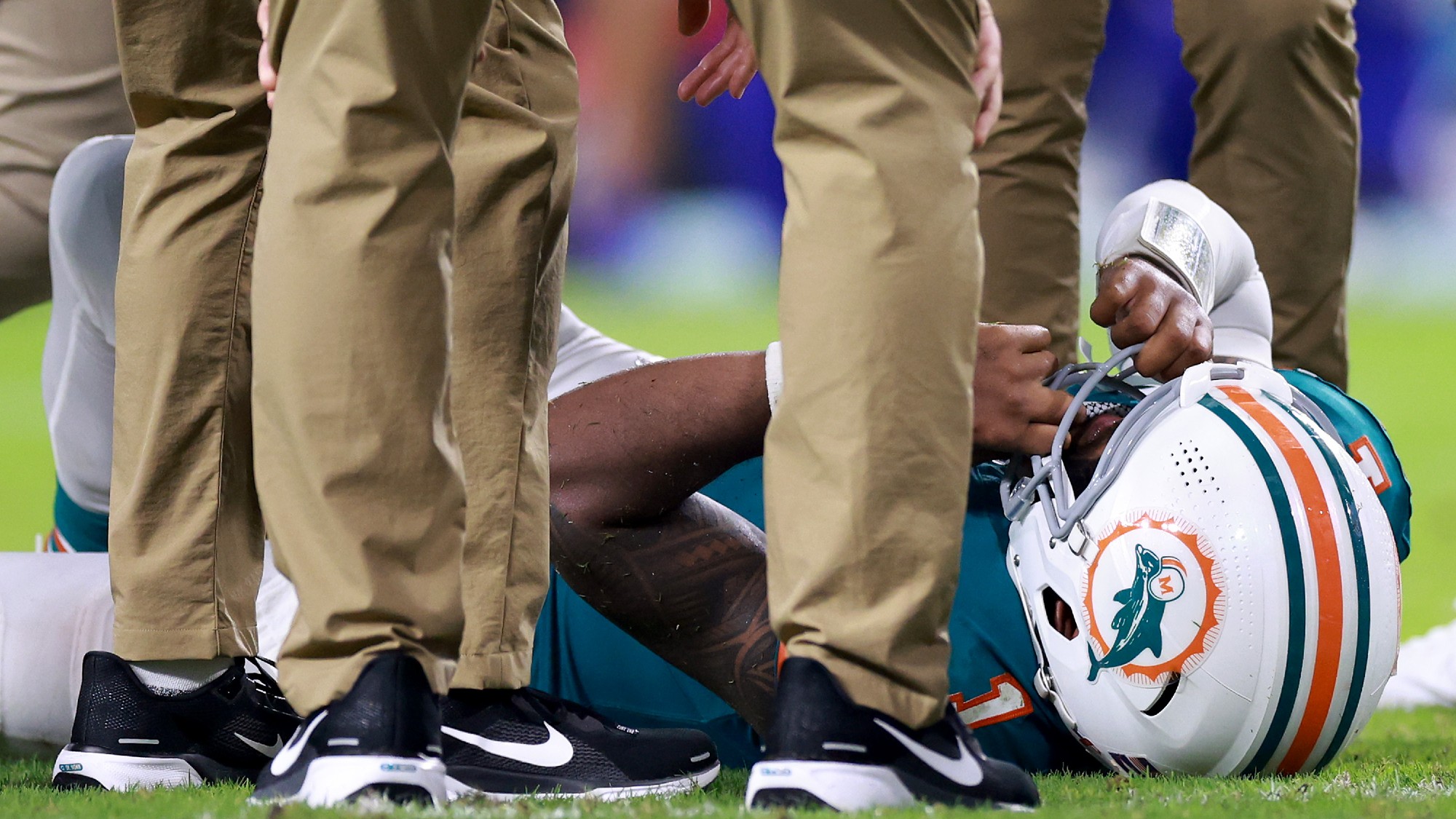 After Tua injury, can NFL make progress on concussions?
After Tua injury, can NFL make progress on concussions?Today's Big Question Dolphins QB faces calls to retire
-
 Cop benched after NFL star handcuffed in traffic stop
Cop benched after NFL star handcuffed in traffic stopSpeed Read A Miami-Dade police officer detained Dolphins star Tyreek Hill before the game
-
 Andy Murray: Britain's greatest sportsperson?
Andy Murray: Britain's greatest sportsperson?Talking Points Injury denies Scot a final singles appearance at Wimbledon but his place in history is assured
